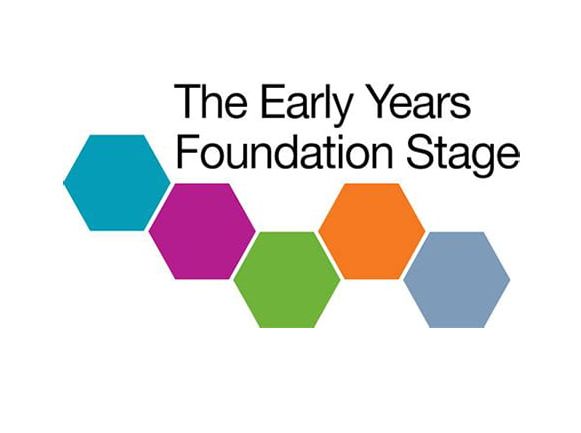PARENT’S GUIDE TO THE EARLY YEARS FOUNDATION STAGE FRAMEWORK:
What is the Early Years Foundation Stage?
The Early Years Foundation Stage (EYFS) refers to the crucial period in your child's life from birth to age 5, as outlined by the Government and early years practitioners. This stage is vital for preparing your little one for school and laying the groundwork for their future learning and achievements. Throughout these early years, it's important that their experiences are joyful, engaging, and safe, helping to meet their development, care, and learning needs in a nurturing environment.
The EYFS Framework is designed to support all professionals working within the Early Years Foundation Stage (EYFS), aiming to nurture and guide your child's development. It was created with the input of early years experts and parents to ensure it meets your needs. In 2022, the framework was updated to make it simpler and more focused on essential aspects of your child's learning and growth. This revised version puts more emphasis on the invaluable role that you play in helping your child thrive.
The framework includes: - Legal welfare requirements that everyone looking after children must follow, ensuring your child's safety and promoting their well-being. - Seven areas of learning and development that guide professionals in engaging with your child's play and activities as they acquire new skills and knowledge.
- Assessment methods that keep you informed about your child’s progress throughout the EYFS.
- Expected outcomes for children to achieve by the age of five, known as the “Early Learning Goals (ELGs).”
- Guidance for professionals on planning educational activities and observing your child's learning journey.
Characteristics of Learning:
The Characteristics of Effective Learning closely relate to both the prime and specific Areas of Learning and Development. Key Characteristics of Learning include: -
**Playing and exploring**
**Active Learning**
**Creating and thinking critically**
These approaches highlight how children interact with others and their surroundings. By engaging in play and exploration, being actively involved, and thinking critically, children can thrive as motivated learners. The prime areas develop swiftly due to the influence of relationships and experiences, serving as a foundation for learning across all areas. These prime areas remain vital throughout the Early Years Foundation Stage (EYFS). Meanwhile, the specific areas encompass essential knowledge and skills, building on the prime areas and providing important learning contexts.
What does this mean for you as a parent?
We have dedicated a lot of time and effort to ensure your child's safety at our nursery. Inline with the Early Years Foundation Stage (EYFS) framework, there are important welfare standards we all adhere to.
These standards outline regulations such as the minimum number of staff required on-site, how we administer medications, and the need for regular risk assessments to keep your child safe. Quality of care: To learn more about the quality of your child’s nursery and other early years settings, you can refer to the official inspections conducted by Ofsted, the Government's inspection body for early years services. Visit www.ofsted.gov.uk/inspection-reports/find-inspection-report for more details on how we measure up.
Learning and development – the 7 areas: The EYFS framework guides how your child learns and develops in a healthy way. They will gain skills, acquire knowledge, and show their understanding across seven areas of learning. Initially, we focus on three prime areas:
• Communication and language
• Physical development
• Personal, social, and emotional development.
We focus on key areas that are vital for your child's overall growth and future learning.
As your little one develops, these prime areas help them gain skills in four important subjects:
• Literacy
• Mathematics
• Understanding the World
• Expressive Arts and Design.
These seven areas guide our planning for your child's activities and learning experiences. Our dedicated team will ensure that the activities are tailored to meet your child's individual needs. While similar to a curriculum in primary and secondary education, our approach is specifically designed for young children and is very adaptable. This allows us to follow your child's interests and unique needs closely. In the EYFS, children learn through play, exploration, and active engagement, both indoors and outdoors, fostering their creative and critical thinking skills.
